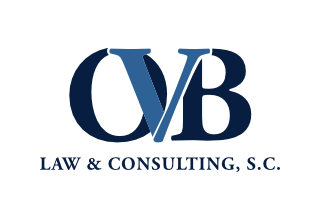In the high-stakes world of entrepreneurship, small businesses face numerous legal challenges that can threaten their survival. From contract disputes to regulatory compliance issues, the risk of litigation looms large. However, with careful planning and proactive measures, businesses can mitigate these risks and safeguard their interests. Below are eight key strategies for risk mitigation in small business operations.
- Choose the Right Business Structure: Selecting the appropriate business structure is paramount for risk mitigation. Whether it is a sole proprietorship, partnership, corporation, or limited liability company (LLC), each entity offers different levels of liability protection and tax implications.
- Provide Thorough Policy Training: Effective policy training is essential for promoting compliance and mitigating legal risks. Develop comprehensive policies and procedures covering areas such as workplace conduct, safety protocols, data privacy, and discrimination prevention. Ensure that all employees receive thorough training on these policies upon hire and provide regular updates to keep them informed of any changes.
- Keep Business and Personal Activities Separate: Maintaining clear separation between business and personal activities is critical for protecting personal assets and minimizing legal risks. Establish separate bank accounts, credit cards, and financial records for your business to avoid commingling funds.
- Maintain Accurate Records and Agreements: Accurate record-keeping is foundational for risk mitigation and legal compliance. Document all business transactions, agreements, and communications in writing to establish clear records of obligations and responsibilities.
- Stay Current on Regulations: Regulatory compliance is a moving target, with laws and regulations constantly evolving across industries and jurisdictions. Stay informed of relevant legal developments by regularly monitoring changes in federal, state, and local laws that impact your business operations.
- Prioritize Complaints: Addressing complaints and concerns in a timely and proactive manner is crucial for risk mitigation and reputation management. Establish clear channels for employees, customers, and other stakeholders to voice their grievances and provide feedback. Take all complaints seriously and investigate them promptly, implementing corrective actions as necessary to resolve issues and prevent recurrence.
- Secure Insurance Coverage: Insurance is a critical tool for transferring and mitigating certain types of business risks. Obtain appropriate insurance coverage tailored to your specific industry and operations.
- Hire a Legal Team: In today’s complex business environment, having access to experienced legal counsel is essential for small businesses seeking to mitigate risks and protect their interests. By hiring the experienced lawyers at OVB Law & Consulting, S.C., you can tap into a wealth of expertise and resources dedicated to helping your business thrive.



